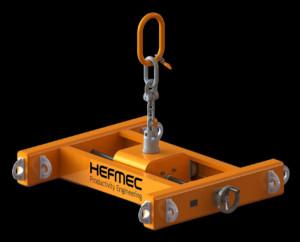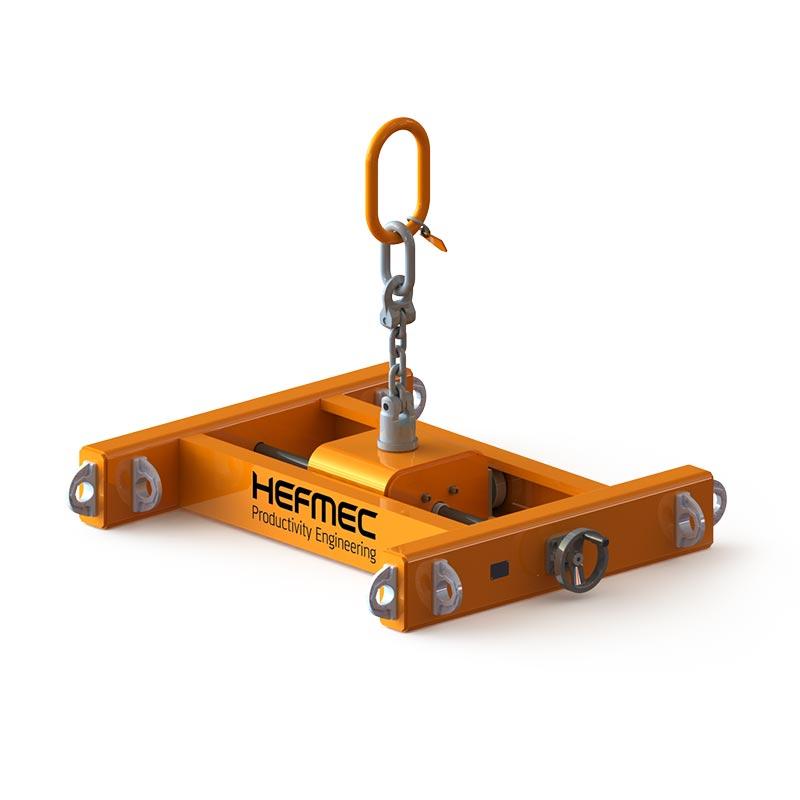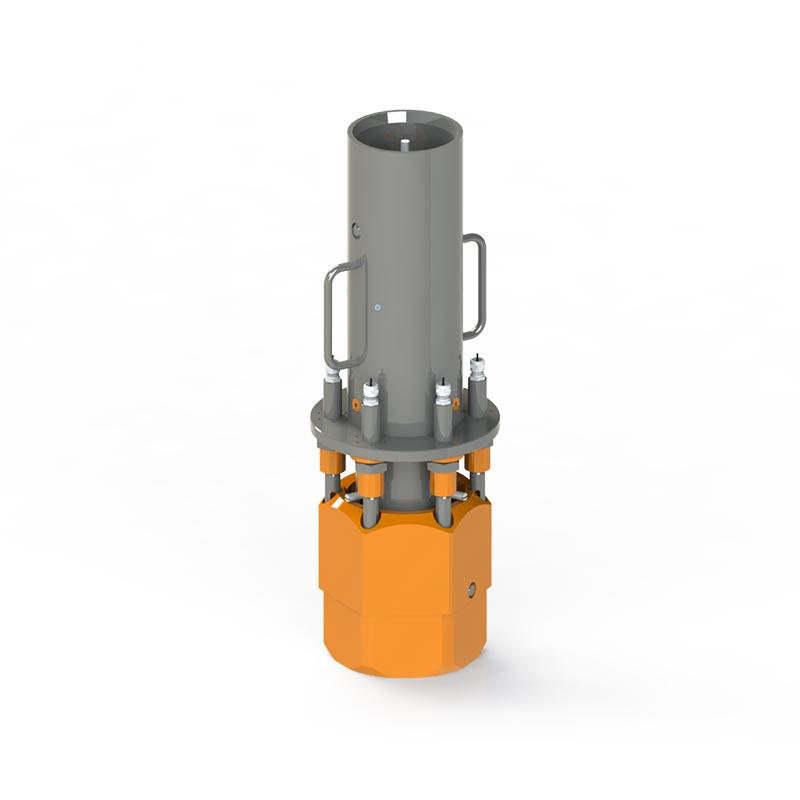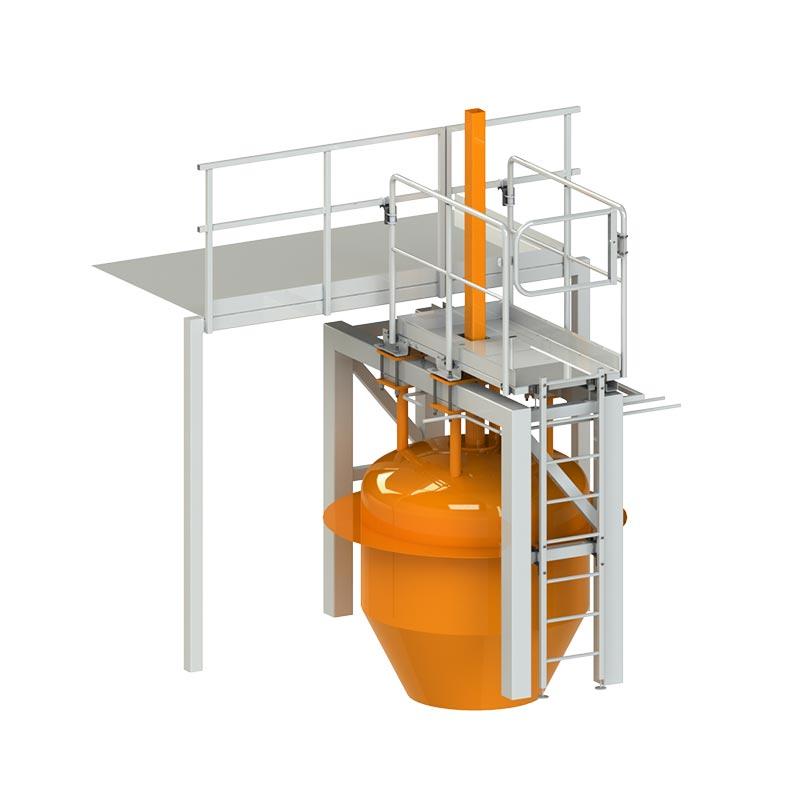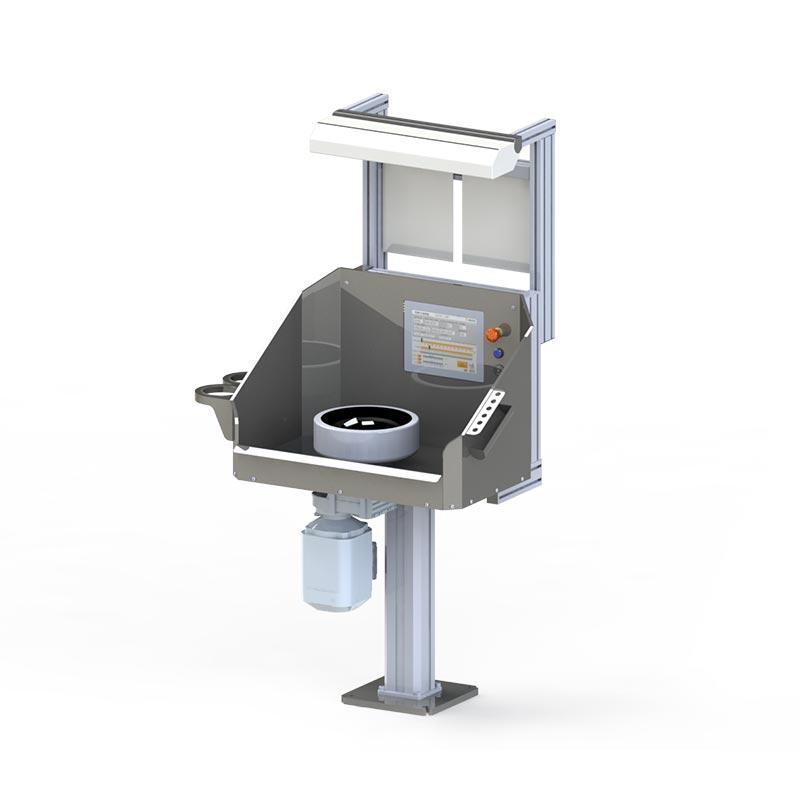Introduction to mechanical design
Mechanical design is an essential part of the product development process, directly affecting the performance, durability and manufacturability of the product. It covers a wide range of activities such as component design, material selection and the definition of manufacturing methods. Mechanical design is particularly important when the aim is to create innovative and competitive products.
Without careful mechanical design, products can face a wide range of problems, such as malfunction, short lifetime or high manufacturing costs. In this article, we will look at why mechanical design is so important in the product process and how it affects the end result.
Product functionality and performance
One of the key objectives of mechanical design is to ensure that the product works as intended and meets all its requirements. This requires rigorous analysis and simulation to anticipate potential problems and optimise product performance. For example, if we are designing a new type of engine, we need to ensure that it will deliver sufficient power and withstand the operating conditions.
In addition to functionality, the mechanical design also affects the ergonomics and user-friendliness of the product. A well-designed product is easy to use and comfortable to use, which improves customer satisfaction and reduces the number of complaints. This is particularly important for consumer products where user experience is a key competitive factor.
Cost-effectiveness and manufacturability
Mechanical design is not limited to the functionality of the product, but also has a significant impact on manufacturing costs and the production process. A well-designed product is easy to manufacture, reducing production costs and lead times. This is achieved, for example, by optimising the number of components and selecting the appropriate manufacturing methods.
In addition, mechanical design can help identify and reduce material waste, which is important both in terms of cost and the environment. Sustainability is an increasingly important factor in today’s business, and mechanical design can provide solutions that support this goal.
Reliability and sustainability
The reliability and durability of a product are critical factors that affect its lifecycle and customer satisfaction. Mechanical design ensures that the product can withstand the intended operating conditions and meet all safety requirements. This requires careful selection of materials and sizing of components to withstand mechanical stress and environmental conditions.
Improving reliability can also reduce maintenance costs and extend product lifetime, which is important for both consumers and businesses. A long-lasting and reliable product reduces the need for repairs and new purchases, which is both economically and environmentally beneficial.
Innovation and competitiveness
Mechanical design is a key factor in developing innovation and improving a company’s competitiveness. Creating new and better products requires continuous development and the use of new technologies. Mechanical design can help to find new solutions and improve existing products, thus helping a company to stand out from its competitors.
Innovative products can open up new markets and create added value for customers, which is important for business growth. Mechanical design provides the tools and methods to develop new concepts and test their functionality before they go into production.
Conclusion
Mechanical design is an essential part of the product process, directly affecting product functionality, cost-effectiveness, reliability and competitiveness. Without careful mechanical design, products can face a wide range of problems that undermine their success in the marketplace. Therefore, it is important to invest in mechanical design and exploit the opportunities it offers for innovation and business growth.
Hefmec is committed to providing high quality mechanical design that supports our customers’ goals and helps them succeed in a competitive market. Mechanical design enables us to create durable, functional and cost-effective products that meet today’s requirements and expectations.

